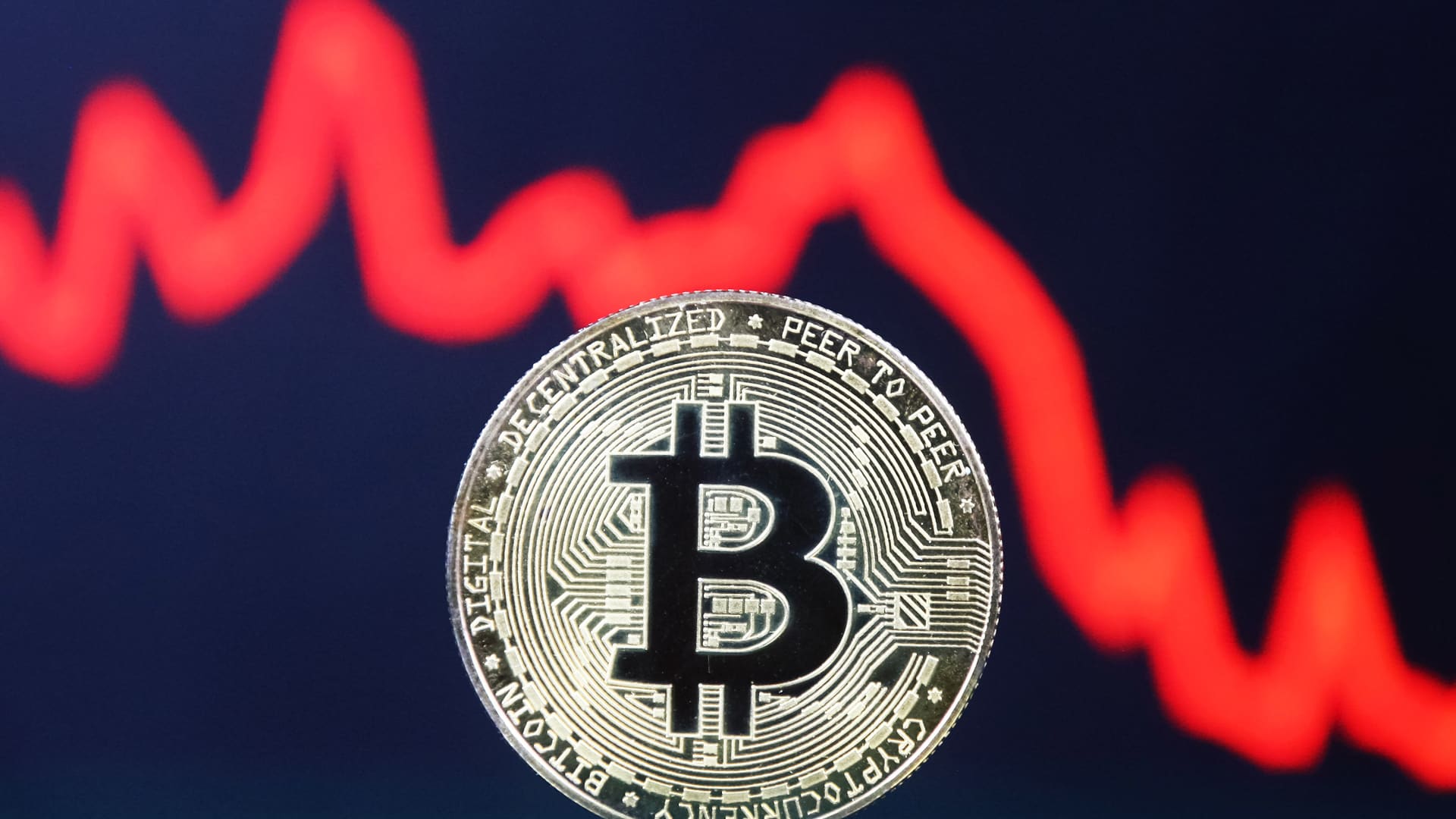Energy Deregulation in Nigeria Could Lead A Bitcoin Mining Gold Rush
Bitcoin mining requires significant computational power, and miners are rewarded with newly created bitcoins for their efforts.

Deregulation in Nigeria, often referred to as the ?Giant of Africa,? is a country rich in natural resources and a booming population. Yet, it faces significant economic challenges, including energy shortages and a lack of access to reliable electricity.
However, recent developments in the energy sector, particularly energy deregulation, have the potential to unlock new opportunities for the Nigerian economy.
One unexpected consequence of this deregulation is the emergence of a Bitcoin mining gold rush. In this article, we will explore how the confluence of energy deregulation and the rise of crypto mining apps like Bitcoin could reshape Nigeria?s economic landscape.
Energy Deregulation in Nigeria For Bitcoin Mining
Energy deregulation is the process of opening up a country?s energy sector to competition by allowing private companies to generate, transmit, and distribute electricity. For years, Nigeria?s energy sector was controlled by a government-owned monopoly, the Nigerian Electricity Regulatory Commission (NERC). This centralized control led to inefficiencies, frequent power outages, and limited access to electricity for the population.
Recognizing the need for reform, Nigeria began the process of energy deregulation in the early 2000s.
Challenges in Nigeria?s Energy Sector
Despite the positive intentions behind energy deregulation, Nigeria?s energy sector still faces several challenges:
2.1. Infrastructure Deficits: Nigeria?s energy infrastructure is outdated and requires substantial investment to meet the growing demand for electricity.
2.2. Fuel Shortages: The country?s energy generation relies heavily on fossil fuels, which are subject to supply disruptions and price fluctuations in the global market.
2.3. Distribution Issues: The distribution of electricity remains inconsistent, with many areas experiencing frequent power outages.
2.4. High Costs: Energy tariffs are high for consumers, making it difficult for many Nigerians to afford reliable electricity.
These challenges have hindered Nigeria?s economic growth and development for years, but recent developments may offer a glimmer of hope.
The Rise of Bitcoin Mining
Bitcoin, the world?s first decentralized cryptocoin mining rig, has gained immense popularity in recent years. Unlike traditional currencies, Bitcoin is not controlled by any central authority, making it resistant to government interference and manipulation.
Bitcoin mining requires significant computational power, and miners are rewarded with newly created bitcoins for their efforts. As the value of Bitcoin has surged, so has interest in mining it.
How Energy Deregulation and Bitcoin Mining Intersect
The intersection of energy deregulation and Bitcoin mining in Nigeria is driven by several key factors:
4.1. Cheap Energy: Nigeria?s energy deregulation has opened the door to private investors who can generate electricity more efficiently and at lower costs. This has led to the availability of cheaper and more reliable energy sources, which are essential for profitable Bitcoin mining operations.
4.2. Economic Incentives: Bitcoin mining can be highly profitable, especially when energy costs are low. Miners are incentivized to locate in regions where electricity is abundant and affordable, making Nigeria an attractive destination.
4.3. Job Creation: The emergence of Bitcoin mining operations can create jobs in Nigeria, helping to address unemployment issues and stimulate economic growth.
4.4. Foreign Investment: The prospect of profitable Bitcoin mining operations may attract foreign investors looking to capitalize on Nigeria?s energy deregulation.
The Potential Benefits and Concerns
5.1. Economic Growth: The influx of Bitcoin mining operations could contribute to Nigeria?s economic growth by creating jobs and attracting foreign investment.
5.2. Technological Advancement: Bitcoin mining requires advanced hardware and technology, which can drive innovation and technological development in the country.
5.3. Energy Consumption: Bitcoin mining is energy-intensive, and its increased demand for electricity could strain Nigeria?s energy infrastructure if not properly managed.
5.4. Regulatory Challenges: Nigeria?s government must establish clear regulations and taxation policies for the cryptocurrency mining machine industry to ensure its legitimacy and prevent potential misuse
The world will be watching to see how this innovative fusion of energy and cryptocurrency mining unfolds in the coming years.
What's Your Reaction?
















